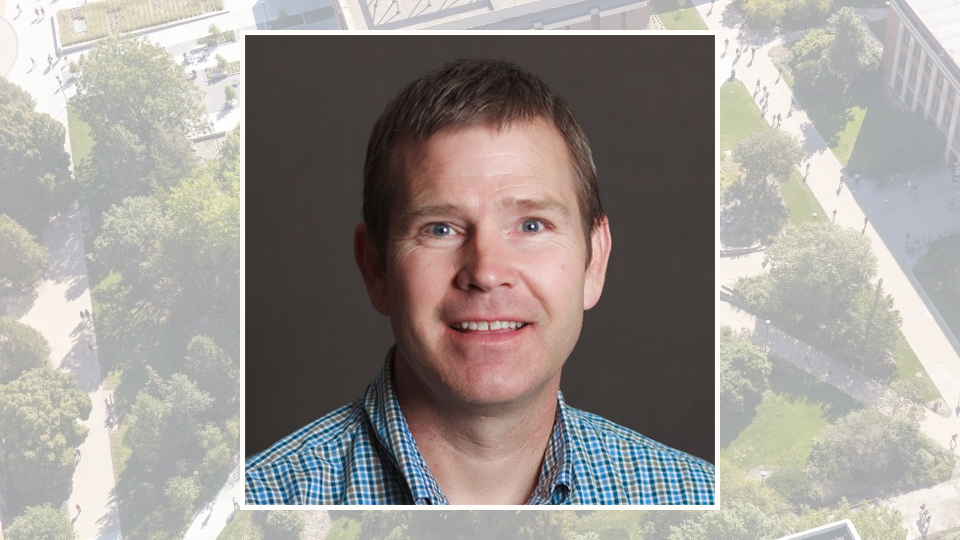
A 2022 study led by Steve Hu, Earth and atmospheric sciences, was cited in an Oct. 8 Washington Post article on a worldwide project to map underground fungi. The study found that desert climates have spread north by up to 62 miles in parts of central Asia, including Uzbekistan, Kyrgyzstan and northwestern China, since the 1980s. “Those areas would be experiencing more frequent drought and also hotter temperatures,” Hu said (subscription).
The Targeted Observation by Radars and UAS of Supercells (TORUS) project, led by Adam Houston, Earth and atmospheric sciences, was highlighted in an Oct. 18 Knowable magazine article titled “The quest to understand tornadoes.” The multi-institutional TORUS team uses drones and other high-tech equipment to gain a deeper understanding of the supercell thunderstorms known to spawn the most dangerous and longest-lasting tornadoes. Houston was quoted in the story.
Jay Storz, biological sciences, and colleagues have uncovered 13 mouse mummies from Andean summits stretching nearly 4 miles above sea level — suggesting that the seemingly modest mice are scaling and somehow living on the Mars-like peaks. Stories on the research have appeared in KETV, the Omaha World-Herald, BBC, CNN, Cosmos, the Daily Mail, El Mercurio, IFL Science, Infobae, Metro, Nature, Newsweek, Popular Science, Science, Scientific American, Smithsonian Magazine, The Sydney Morning Herald, The Telegraph and 100-plus other media outlets.
Patrice McMahon, political science, director of the University Honors Program, wrote an Oct. 31 piece for The Conversation on how the results of Poland’s parliamentary election on Oct. 15 dealt a blow to populism and may hold important lessons for reversing democracy’s decline. “The outcome of the October election should serve as a reminder that democracy’s decline is not inevitable and can be halted,” she wrote. MSN.com picked up the article.


